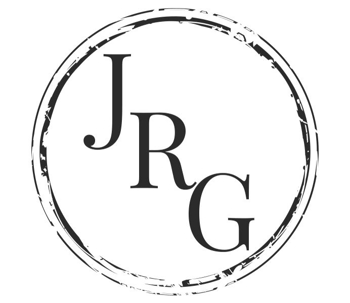In my last article I discussed the importance of business succession planning. Let’s address another important subject – why every business owner needs a comprehensive estate plan.
In my 41 years of practice I have often represented clients forming new businesses and those who recently purchased an existing one. Invariably the discussion begins with the subject of the best form of ownership – sole proprietorship, a general or limited partnership, a corporation or a limited liability company. In most situations the clients chose one of the latter two entities- wishing to insulate themselves from personal liability to the extent legally possible. The process of business planning should include estate planning. For example in forming a corporation or an LLC one of the preliminary questions asked is in what name is the stock or membership interest to be issued. My next question is “do you have a trust – and if not why not”?
The simple premise is married couples or individuals often create trusts for ownership of important personal assets and the family residence. By having a trust take title to these assets upon death of the owner(s), property will pass to the heirs without probate. Why not then take the same approach with business assets?
Such assets include corporate stock, interests in LLC’s, partnerships, favorable long term commercial leases, furniture, fixtures and equipment and other going concern assets. Generally, if a legal entity is formed it is the owner of all tangible and intangible assets. Even if the goal is not primarily business succession to children or second generation heirs, these assets are part of one’s estate and would be subject to probate administration if not properly funded to a trust.
Good estate planning, and thus good business planning, requires that those assets be transferred to a trust. Stock, LLC and partnership interests are held in the name of the trustee of the trust – the business owner. Business real estate would be held in the same manner for a sole proprietor or otherwise by the trust’s business entity. In the case of sole proprietors commercial property leases can be held by the trustee if the landlord agrees so long as the business owner is a guarantor. Business personal property can transferred to the trust by a simple written assignment and transfer.
A fully funded trust – including both personal and business assets- will allow for transfers on death of the trustor(s), i.e. the owner and creator of the trust, to the intended beneficiaries. During post death trust administration a successor trustee (hopefully, carefully selected) named in the trust will operate and manage the business until transferred to the heirs. Also to be considered is in the event the owner becomes disabled a designated agent appointed with a “durable powers of attorney” can operate and manage the business during that period.
While this article is not comprehensive these are fundamental planning decisions that every business owner should consider.

